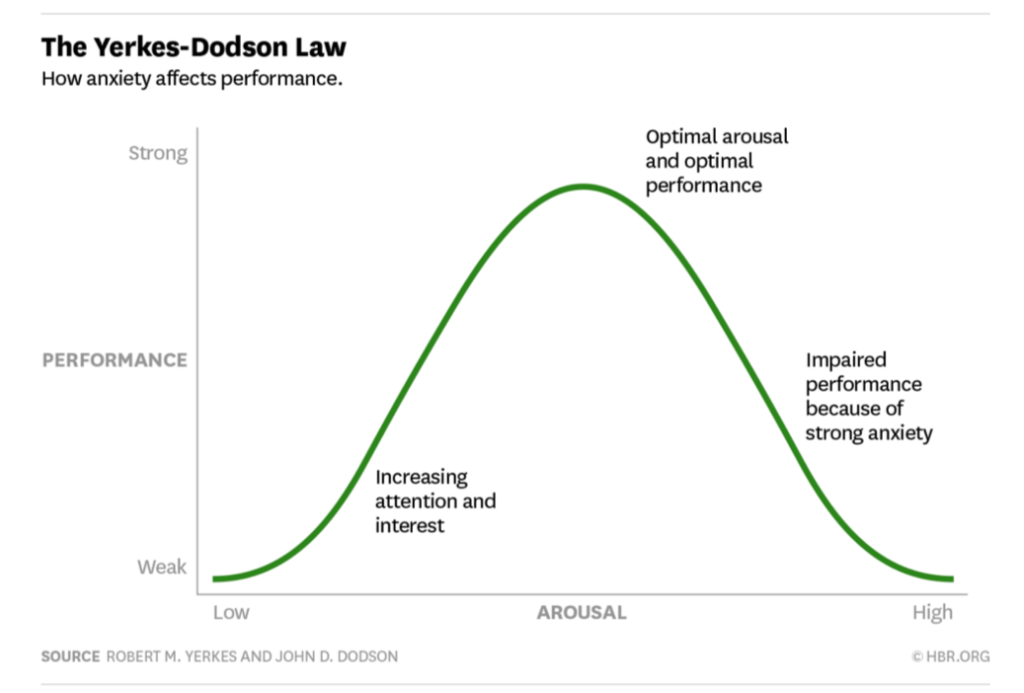How to perform your calls
As a Role Player you will act as a family member of one of the persons affected by the crisis.
You will dial in and speak to one of the Call Center Agents (we will provide you a list of the agents taking part to the drill, their site location and phone number).
Agents’ interactions with the callers should be caring but as brief as possible, to be able to answer as many calls as possible. Realistically, those calls are screening calls and the Agents are expected to provide and collect information in a caring manner; those calls are not long calls as one would think, and certainly not the typical customer service calls. Callers are dependent on the Agent taking the call to get any information available at that time and, collecting their contact details, provides the caller with the reassurance that as soon as more confirmed information will be available, a member of our team will be in touch with them.
You will provide the information of your loved one and your contact details.
The list of names of those affected will be provided to you before the drill, via e-mail. You will be able to choose names from the list and make up your name and relationship to the person you are inquiring about.
Call Types
You should be able to perform a minimum of 15 calls during the two hours. If you reach 15, please continue calling until the end of the drill – a combination of the call types below. You will be provided with a list of role plays, they will provide the scenarios and the expected outcomes/goals of each of the calls you make. Please use the role play sheets and choose names that are on the manifest (or not), in order to complete the calls.
- Calls inquiring about a loved one – name on the list (you will choose one name on the list provided to you and you will make up a relationship with that name).
- Calls inquiring about a loved one – name not on the list (you will inquire about someone whose name is not on the list provided to you. You can insist that your loved one was involved and so the agent should take all your details and explain that a team member will call you back if the name is found to be on the list of those involved; or you can be happy to hear your loved one was not on the list and hang up).
- Group calls – inquiring about more than one person (you will be looking for more than one person/family that you see on the list provided). The agent should take your details and log the call for all of the names in the group).
- Call backs – you will be calling back for the same family member you called earlier, asking for updates. The agent should be able to see in the system that you called, and not asking your details again.
- Media calls – you will call pretending to be part of media (newspaper, tv channel) and trying to get details of the incident. (agents should provide you with a phone number to call or an email address / website, as per what they see in the Special Instructions section)
Roleplay Realistically
Research and experience show that callers in traumatic situations are typically not angry, as they may be when making normal customer service calls. Calls are more realistic when role-players are trained to sound helpless and dependent upon the agents for information about their loved one.
Use the following emotions: Anxiety, Fear and dread, Denial.
Roleplay emotional calls, but please avoid anger, it is not typically expected in a real situation this early in a response. Anger is more likely shown when calls are not answered timely and the caller feels that the agent is as helpless as they are. And “anger” does not challenge the agent to think of “how” to deal with caller, as the only way to handle anger is to listen, validate and be patient. The other emotions are more challenging, like anxiety, fear, dread, etc. and cause the agent to have to listen and think more about how to manage the call.
Sample questions to ask Call Center Agents:
•How many people were hurt?
•What should I tell my Mom/family?
•When will they know more information?
•Who will call me back?
•How can I get to where my loved one is?
•Should I call the airline?
•Why the press is telling something different?
Role Players as Trainers
Regard each call you make as a training opportunity. Each role play is supposed to have a set goal which is to evaluate the knowledge and skills of the call center Agent and we will avoid putting unnecessary pressure on the call center Agents, to the point where they will not be able to perform/learn.

The Yerkes-Dodson Law
According to what is known as “The Yerkes-Dodson law,” performance increases with physiological or mental arousal (stress) but only up to a point. When the level of stress becomes too high, performance decreases.
There is an optimal degree of arousal that leads to optimal performance – if that level of stress is taken beyond this point, the performance becomes impaired because of strong anxiety. Our goal is to role play realistically and never cross that line where we put the Agent under so much stress that they are unable to perform. Keeping compassion consciousness at the forefront of all our actions, we want to show the call center Agents the care and respect they deserve and understand their position, while making the best of their time on drills with us to help them learn and practice.
